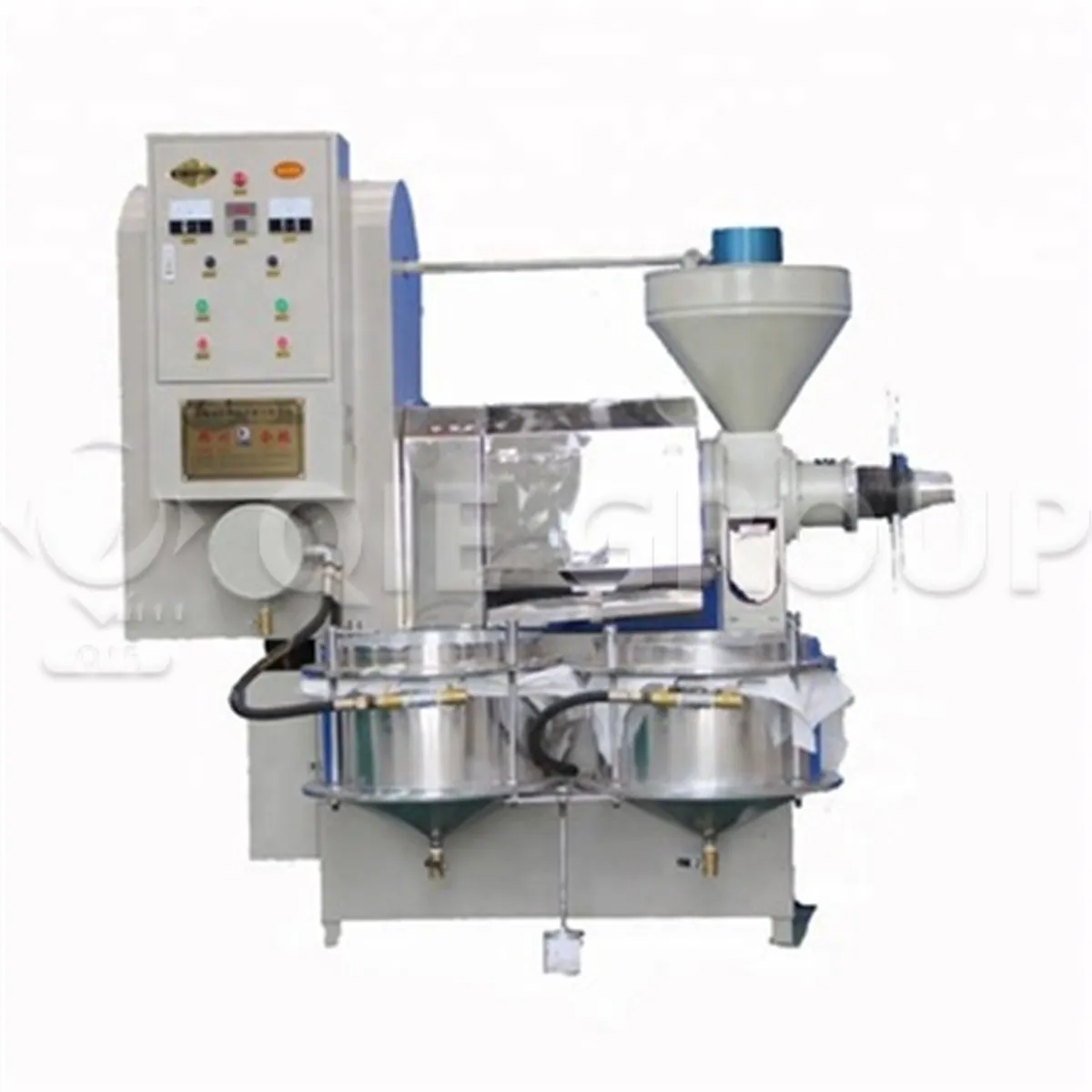So, what exactly causes low peanut oil press output? And how can it be solved? This article will examine five key factors to help you identify the root cause and provide practical solutions for improvement.

The quality of peanut raw materials directly affects the oil yield and pressing efficiency:
High impurity content : Stones, sand or other impurities will increase the load on the press and reduce the efficiency of oil extraction.
Particle problems : Unripe, moldy or broken peanut particles can lead to uneven pressure distribution in the press chamber and reduced yield.
Inadequate pretreatment : The baking, crushing, shelling and other processes are not fully processed, and the oil cannot be fully released.
Inappropriate moisture content : Too high a moisture content will easily produce sludge and reduce the oil yield; too low a moisture content will make the raw material too hard and difficult to squeeze.
Variety differences : Different peanut varieties have different oil contents and their potential oil yields vary greatly.
suggestion :
Choose peanuts that are high in fat and mature;
Evenly baking temperature and time can increase the oil yield by about 5%-8%;
The crushing and shelling process should be uniform to ensure smooth pressing.
The performance and design of the press itself are important guarantees of output:
Press chamber structure : old or unreasonable design will lead to uneven pressure distribution and insufficient oil release.
Temperature control system : Unstable temperature will cause the peanuts to not soften fully and reduce the oil yield.
Machine model matching : If the equipment selection does not meet the daily production requirements, or the characteristics of the spiral press and hydraulic press do not match the raw materials, the output will also be affected.
suggestion :
Choose an efficient screw oil press suitable for peanut processing;
Ensure reasonable structure of the pressing chamber and precise temperature control;
Match machine models according to daily output to achieve stable and high production.
Irregular operation will seriously affect the pressing efficiency:
Feeding speed : too fast will cause blockage, too slow will cause insufficient equipment operation.
Temperature control : If the temperature is too low, the oil will have poor fluidity; if the temperature is too high, the oil quality may be damaged.
Pressure adjustment : Insufficient pressure will not allow the oil to be squeezed out completely, while too high pressure will accelerate equipment wear.
Continuous operation : Long-term overload operation not only reduces production but also shortens equipment life.
suggestion :
Strictly abide by operating procedures and monitor temperature, pressure and feed rate in real time;
Avoid overloaded continuous operation and achieve a balance between daily output and oil quality.
4️⃣ Inadequate maintenance and cleaning
Inadequate equipment maintenance will also reduce oil yield:
Insufficient lubrication : increases component resistance and affects pressing efficiency.
Residues are not cleaned in time : Residues in the pressing chamber hinder the advancement of raw materials.
Loose fasteners : Loose bolts and couplings will reduce the pressing force.
Wear of wearing parts : Aging of bearings and screws directly affects the oil output rate.
suggestion :
Lubricate and clean debris regularly;
Check fasteners regularly and replace wearing parts to ensure smooth operation of the equipment.
The workshop environment and auxiliary equipment will also affect the pressing efficiency:
Temperature and humidity control : High humidity makes peanuts absorb water easily, while low temperature causes oil to solidify, both of which affect the oil yield.
Voltage stability : The motor output is unstable, resulting in output fluctuations.
Pretreatment equipment : Lack of drying, screening, cleaning and other equipment, resulting in reduced pressing effect.
suggestion :
Control the temperature and humidity in the workshop to ensure stable power supply;
Equipped with auxiliary equipment such as drying, screening, and cleaning to improve the overall oil yield;
The low output of peanut oil press is often not caused by a single reason, but the result of multiple factors such as raw materials, equipment, operation, maintenance, environment and supporting facilities.
👉 For oil refinery owners, the key to increasing production lies in "identifying the problem and finding the right solution" : it is necessary to select high-quality raw materials and suitable equipment, as well as pay attention to daily maintenance and reasonable processes.
If you encounter similar problems in production, please contact us. We will provide you with a comprehensive solution for peanut oil press selection, process optimization and output improvement to help you reduce costs and improve efficiency!





